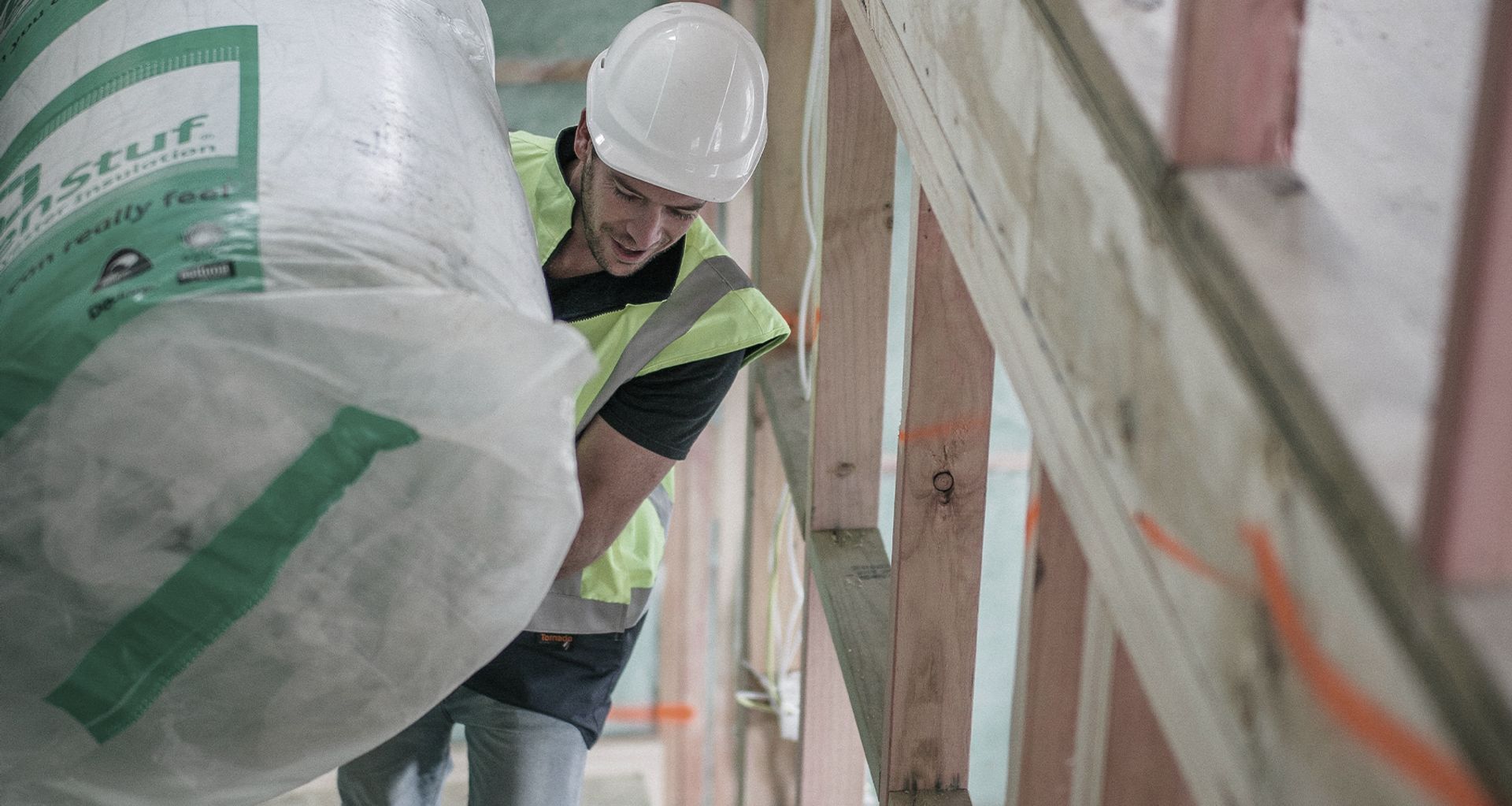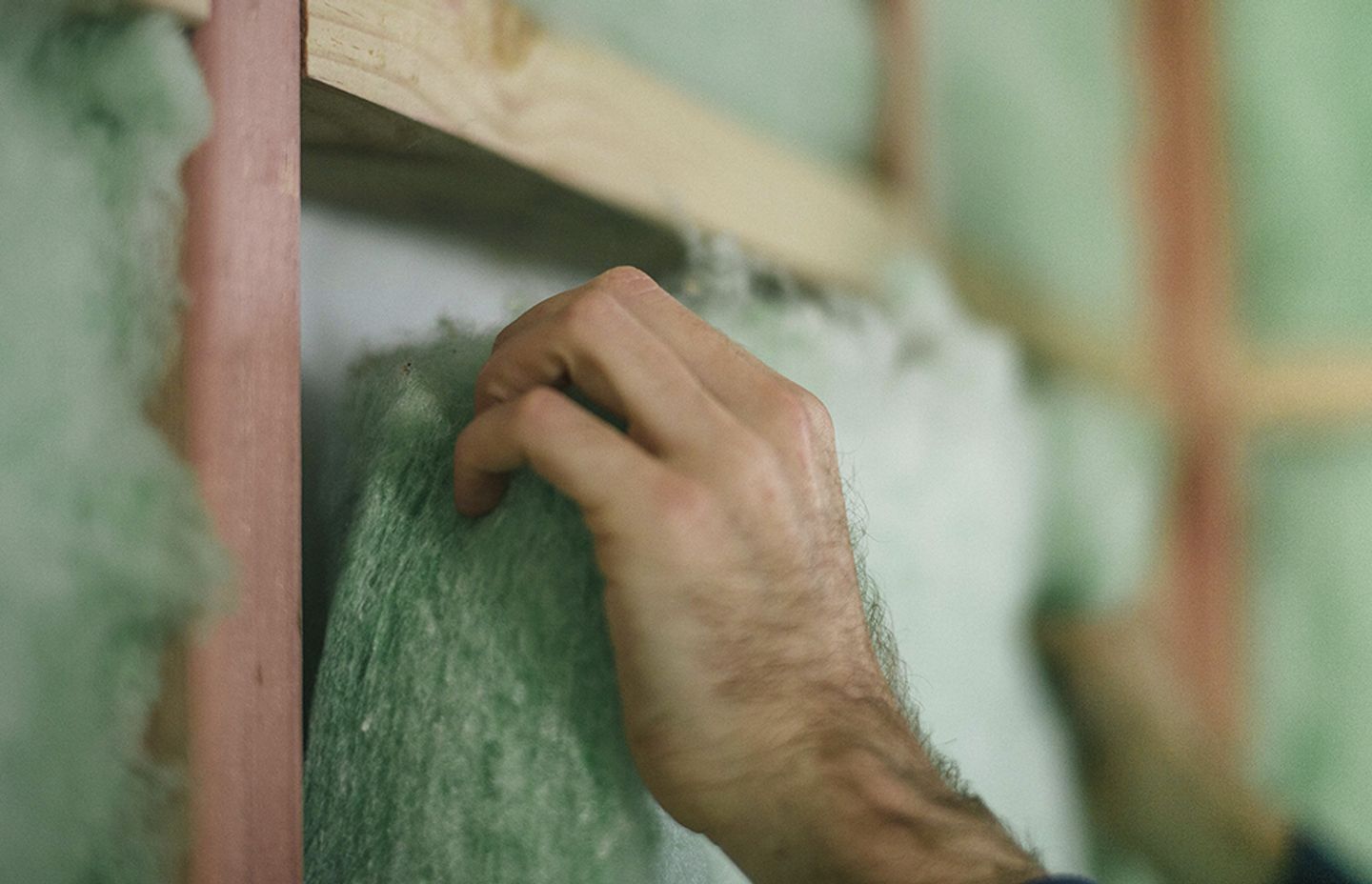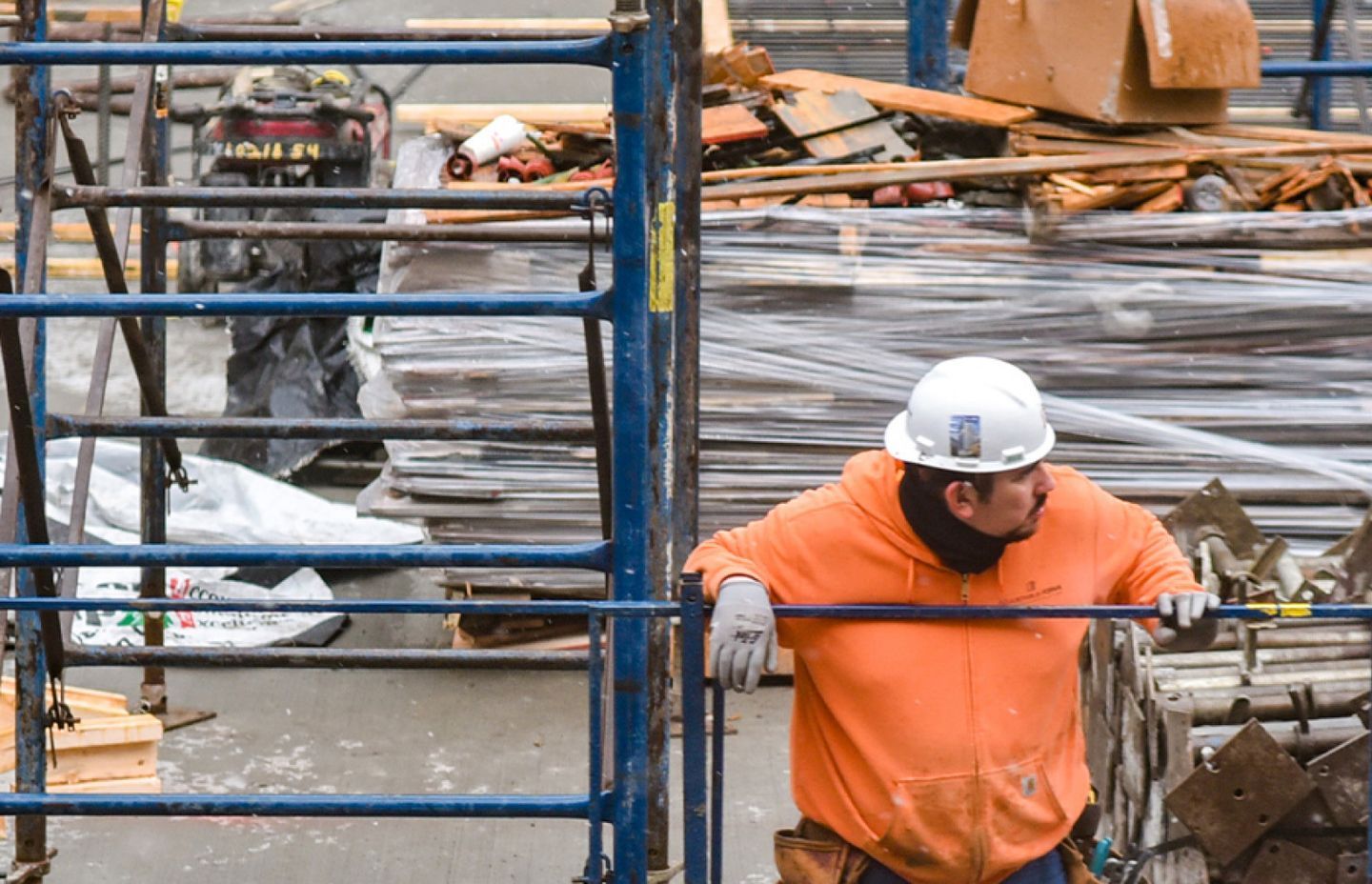Simple things you can do to reduce construction waste


What is the current waste situation?
Each year, New Zealanders send about 2.5 million tonnes of waste to landfill, with 40 – 50 percent of that attributed to the construction industry. While this may seem like an overwhelming number, much of this waste has the potential to be diverted and reused, recycled, or removed from the equation entirely. The New Zealand Government has implemented a waste levy as a financial disincentive, however this hasn’t made much of an impact on the overall waste generated by the industry. It is apparent that something needs to be done in order to reduce construction waste, and while governmental policy is a valuable tool in driving change, members of the construction industry can take action today by implementing sustainable waste management practices.

Why is reducing construction waste important?
Reducing construction waste positively impacts both the environment and the local community, as well as providing long-term financial benefits. Environmentally, diverting waste from landfills and cleanfills conserves space, removing the need for future landfills. Reusing and recycling cuts energy consumption and pollution associated with the manufacturing of new materials, reducing carbon emissions and conserving valuable resources. Sustainable waste management practices minimise the effects of hazardous waste on the local community.
Carefully handling, storing, and removing materials with the intention to reuse or dispose mindfully removes the risk of dangerous materials causing harm to construction workers or civilians. Conserving materials also creates resources for community projects such as community gardens and parks. Financially, an efficient and resourceful approach to building materials reduces costs associated with manufacturing and purchasing new products, and opens up opportunities to work on sustainably focussed projects.

How can Autex help you reduce construction waste?
As designers and manufacturers we are responsible for the impact our products have on the planet. This is why we are dedicated to supporting a circular economy, providing environmentally conscious building materials, and regularly reviewing and updating our practices to ensure they are ethical and sustainable. By ensuring our products are designed to limit waste where possible, we are helping the industry reduce construction waste.GreenStuf® Insulation is manufactured on a zero-waste production line with a minimum of 60% recycled material.
Made from 100% polyester, GreenStuf will last a lifetime, and will not slump, collapse, or deteriorate over time. Designed to be either reused or recycled at the end of its life, uncontaminated GreenStuf is recycled through our take-back program and turned into new product. Installers can also recycle GreenStuf packaging in our take-back bin when collecting new product, which is transformed by a third party into plastic mesh fencing and plastic batons. To limit off-cut waste on-site, GreenStuf is available in a variety of pre-cut sizes designed to fit into standard framing.
Reducing construction waste positively impacts both the environment and the local community, as well as providing long-term financial benefits.
